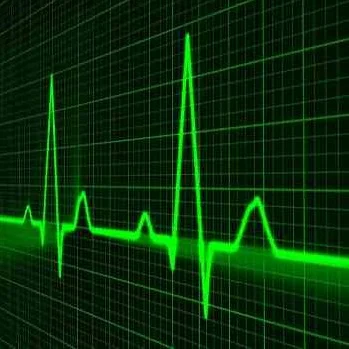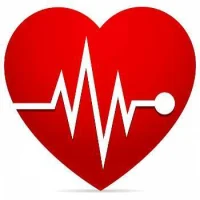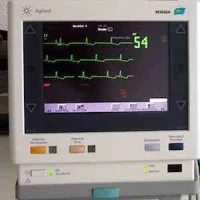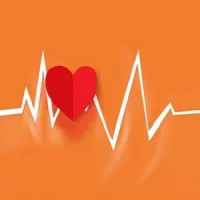A new algorithm developed by engineering experts at the University of Lincoln, UK, provides more effective Electrocardiogram (ECG) diagnosis for people with heart conditions. The research won an award at the recent International Conference on Medical and Health Science in Berlin.
The ‘Self-organising Piecewise Aggregate Approximation’ algorithm improves ECG signal classification and improved abnormality detection and diagnosis. ECG signal classification is considered to be a recognised method for automated detection and diagnosis of heart abnormalities. This is usually achieved through dimensionality reduction, feature extraction and application of various machine learning algorithms. Since the analysis can often prove to difficult due to variations in accuracy of dimensionality reduction techniques, this new algorithm may offer more accurate and compact representations of ECG signals and an improved classification of signal types and abnormality detection and diagnosis.
The algorithm was used on ECG data from 99 patients with three different heart conditions. It was found that the algorithm was able to select optimum parameters based on signal types and it was shown to outperform the standard system by correctly classifying 19.7 per cent more patients.
Michael Gallimore, from the School of Engineering at the University of Lincoln, UK, explains, “Cardiovascular disease is one of the leading causes of death in the UK, accounting for 28 per cent of all deaths, according to the British Heart Foundation. The ability to improve the classification rates of ECG signals in the automated detection and diagnosis of heart conditions is significant, and could lead to more effective treatment for patients.”
Source: University of Lincoln
Image Credit: Pixabay










